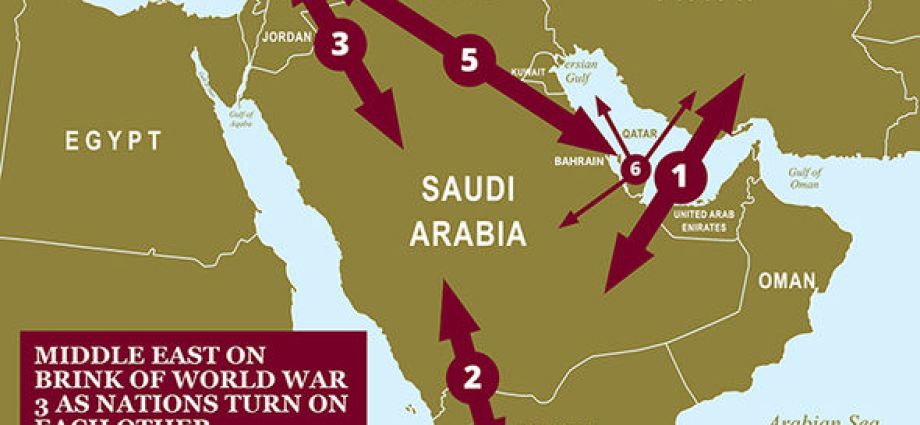Rising Tensions in the Middle East: Impact on Africa
Explore how conflicts in the Middle East are shaping Africa’s economic, political, and security landscape.
Economic Repercussions
The ongoing instability in the Middle East has led to disruptions in global oil markets, causing prices to surge. For African nations reliant on oil imports—such as Egypt and South Africa—this has resulted in higher fuel costs, inflationary pressures, and slowed economic growth. In West Africa, countries like Nigeria are facing social unrest due to the removal of fuel subsidies amid rising oil prices. Similarly, nations like Ghana and Senegal are grappling with intensified inflation, exposing their economic vulnerabilities.
Security Challenges
The ideological narratives of militant groups in the Middle East resonate with extremist organizations in Africa, including Boko Haram in Nigeria and Al-Shabaab in Somalia. These groups often align themselves with global Islamist movements, using Middle Eastern conflicts to recruit followers and justify their actions. Additionally, arms trafficking from the Middle East into Africa has increased, providing insurgent groups with more sophisticated weaponry. This has heightened security risks across regions like the Sahel and West Africa.
Migration and Humanitarian Crises
Middle Eastern instability has intensified migration flows into North Africa. Countries like Tunisia and Libya serve as transit points for migrants fleeing conflict zones in the Sahel and beyond. This situation has led to diplomatic tensions between North African nations and their neighbors while worsening humanitarian crises along migration routes. African countries hosting refugees displaced by Middle Eastern conflicts face additional strain on their resources, complicating efforts to address domestic socio-economic challenges.
Political Implications
The shifting alliances in the Middle East have geopolitical ramifications for Africa. Sunni groups gaining influence while Shiite factions tied to Iran lose momentum require African nations to navigate these dynamics carefully. Countries with strong ties to either Iran or Saudi Arabia may find themselves drawn into broader regional rivalries. Moreover, African governments face mounting pressure to address domestic insurgencies that could be emboldened by Middle Eastern conflicts.
Broader Regional Instability
The interconnectedness of conflicts in the Sahel and the Middle East highlights how instability in one region can spill over into another. Transnational terrorist networks exploit state fragility in both regions, creating a vicious cycle of violence and underdevelopment. Addressing root causes such as poverty, governance failures, and socio-economic inequalities is essential for breaking this cycle.


